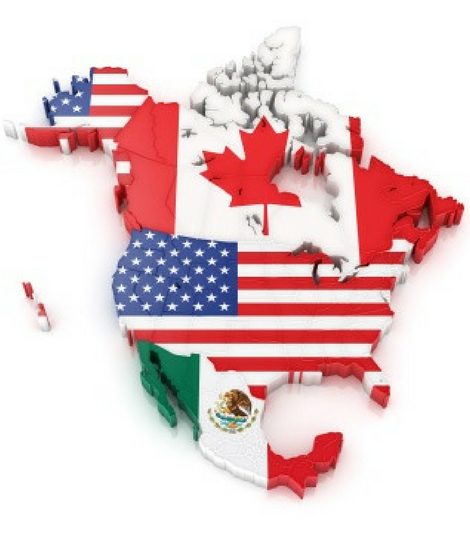WASHINGTON, D.C. — U.S. Wheat Associates (USW) is once again disappointed that its repeated warnings about the consequences of the Section 232 investigations on steel and aluminum have been ignored and some of our closest allies and trading partners have been hit with new tariffs.
“It is dismaying to see that common sense has not yet prevailed in preventing these protectionist measures,” said Vince Peterson, President of U.S. Wheat Associates. “We’ve spent decades in critical markets like Mexico, Japan, Europe, and others because we’re committed to a lasting trading relationship between their milling and processing sectors and our farmers. If this Administration isn’t careful decades of efforts by our farmers could be wasted.”
If this approach doesn’t change, USW worries that the ambitious bilateral trade agreement agenda, which was promised and which we all look forward to, will never get off the ground because no country will be willing to take the political risks needed to negotiate an agreement with the United States.
The Department of Commerce is also in the process of a new Section 232 investigation on imports of automobiles and parts, the value of which far exceeds steel and aluminum imports, and primarily affects major wheat export markets like Mexico, Japan and the European Union, as well as Canada.
USW’s mission is to develop, maintain, and expand international markets to enhance wheat’s profitability for U.S. wheat producers and its value for their customers in more than 100 countries. Its activities are made possible through producer checkoff dollars managed by 17 state wheat commissions and cost-share funding provided by USDA’s Foreign Agricultural Service.
# # #
Nondiscrimination and Alternate Means of Communications
U.S. Wheat Associates prohibits discrimination in all its programs and activities on the basis of race, color, religion, national origin, gender, marital or family status, age, disability, political beliefs or sexual orientation. Persons with disabilities who require alternative means for communication of program information (Braille, large print, audiotape, etc.) should contact U.S. Wheat Associates at 202-463-0999 (TDD/TTY – 800-877-8339, or from outside the U.S.- 605-331-4923). To file a complaint of discrimination, write to Vice President of Finance, U.S. Wheat Associates, 3103 10th Street, North, Arlington, VA 22201, or call 202-463-0999. U.S. Wheat Associates is an equal opportunity provider and employer.





